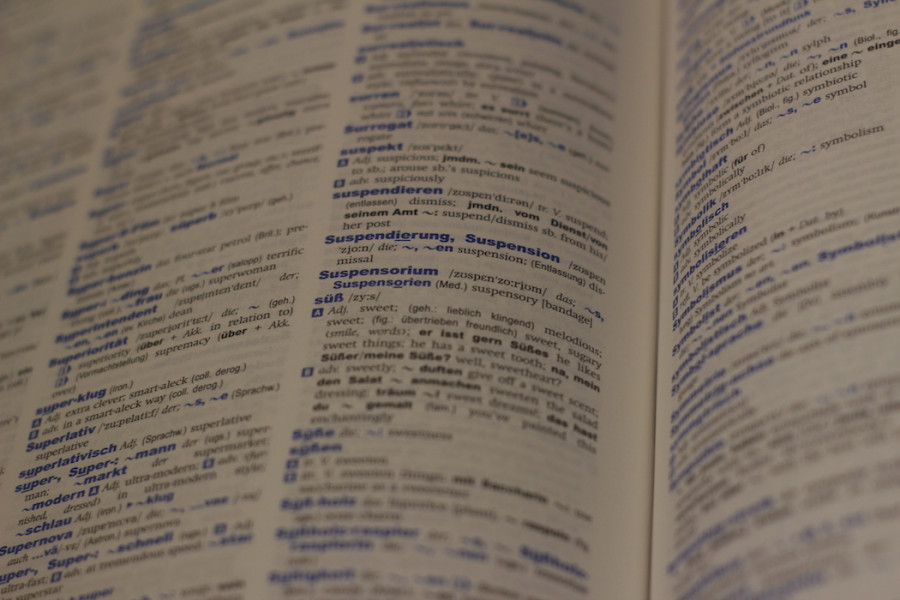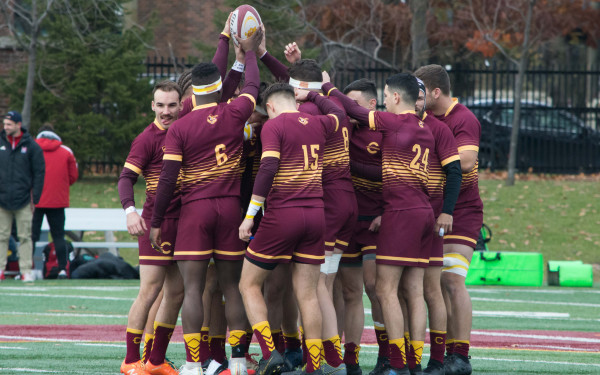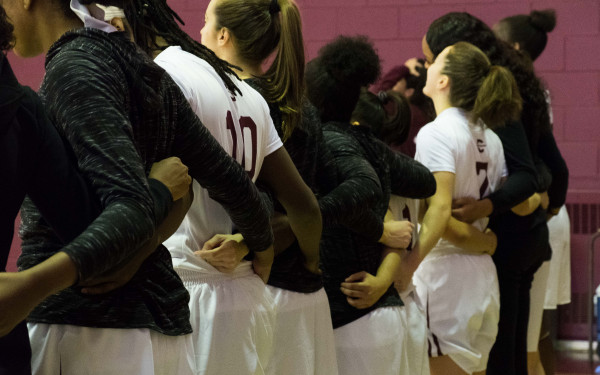Concordia Says No to German Minor
Program Suspended While University Reviews
Starting next fall, admissions for the German Minor at Concordia will be closed.
The announcement was made to members of the program on April 9. The decision to suspend the program came after the Dean of Arts and Science, André Roy, and the Arts and Sciences five associate deans decided the enrollment rates in the program were not high enough.
“It’s not attracting as many students as we wish,” said Roy.
Those currently in the midst of finishing the minor will still be able to take all the courses they require to finish their degree. German classes will still be available but new students will not be able to apply for the minor. Instead, the classes will be considered as electives. Roy said the number of German courses offered won’t change significantly, though the exact amount for next semester is yet to be determined.
Now, the Concordia German Language Student Association is petitioning for the school to reconsider their decision.
“We don’t have an honours program, we don’t have a major, and now we’re not going to have a minor?” said Morgan Rutty, their VP of Social Affairs. “You can’t just cut a program like that.”
Their online petition, addressed to Roy, has almost 1,200 signatures. Written signatures were also collected from students in the Hall building’s mezzanine on April 11.
The CGLSA disagrees with the assertion that enrollment rates are not high enough in the program. During the 2013-2014 academic year, 393 students were enrolled in German classes, but in 2016-2017, that number had increased to 487.
“I would love for the Dean [of Arts and Sciences] to reconsider his decision, because we have good numbers and a good program going, and now it’s the time to make it bigger,” said Stefan Bronner, coordinator of the program.
“I would love for the Dean [of Arts and Sciences] to reconsider his decision, because we have good numbers and a good program going, and now it’s the time to make it bigger,” – Stefan Bronner, coordinator of the program.
The CGLSA plans to meet with Roy sometime this month.
The choice to suspend the program came after a decision had to be reached on whether or not the keep the coordinator position in the program, said Roy. The coordinator of the program is essentially the head of the program, and oversees the program throughout the year. In the end, they opted to keep the position, but decided that the program itself will be suspended for the 2017-2018 academic year.
Throughout that time, the program will continue to be accessed, explained Roy. At the end of the year, a decision will be reached on what to do with the program. “It’s a suspension of program, not a cut of program,” he added.
“We might decide to not offer the program, we might decide to revamp the program, those are all options,” said President of Concordia, Alan Shepard. “We wouldn’t just cancel the program. That’s not something we do.”
Program Hopes for Longer Contracts
According to the CGLSA, the program has only ever had a coordinator contracted under a limited term appointment.
Those with LTA contracts have to reapply to their positions every nine months. The longest that an LTA can stay in their position is three years. Once a professor’s three years have run out, they have to wait two years to be eligible again.
There is a push from the CGLSA to have the coordinator contracted under an extended term appointment instead. They argue it’ll further the coordinator’s ability to pass on institutional knowledge, and allow the program to have more stability. It’s the second demand that they’re making through their petition.
Under ETA contracts, those in the position work for a minimum of three years before having to go through a renewal process. If they’re renewed after their third year, they can get contracts of five years.
Roy said that adding an ETA position into the program was just not possible this semester. The amount of ETAs that get distributed throughout the school is limited by the Concordia University Faculty Association’s collective agreement. He said in this academic year, no ETA positions were made available, and so he could not allocate any ETA contracts to the faculties in Arts and Sciences.
“We do have great people, who we’d like to keep and we do have needs for ETA positions. It’s just that the number of ETA positions is controlled by the collective agreement,” Roy explained. “We can’t create them as we go, I wish we had more.”



_600_375_90_s_c1.JPG)


